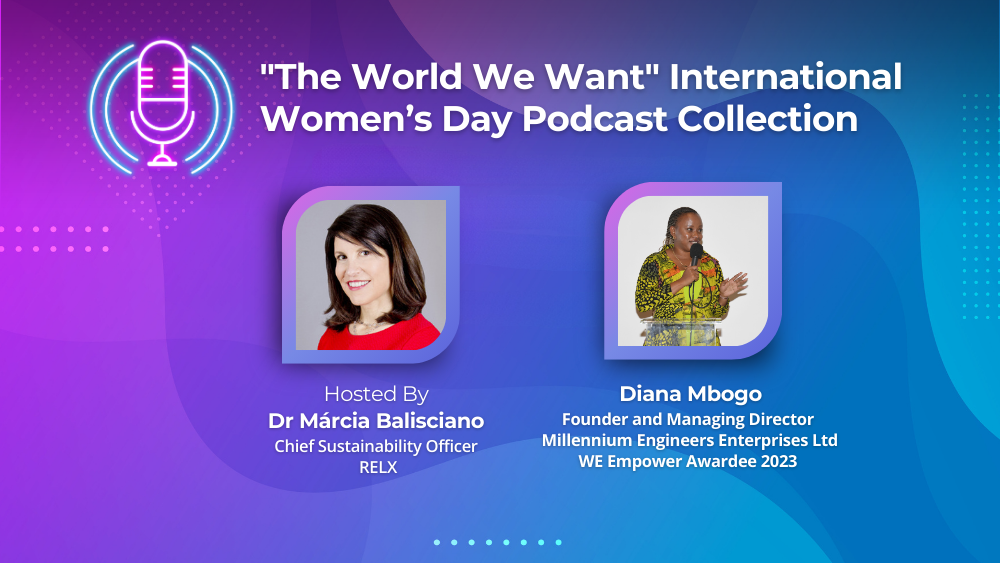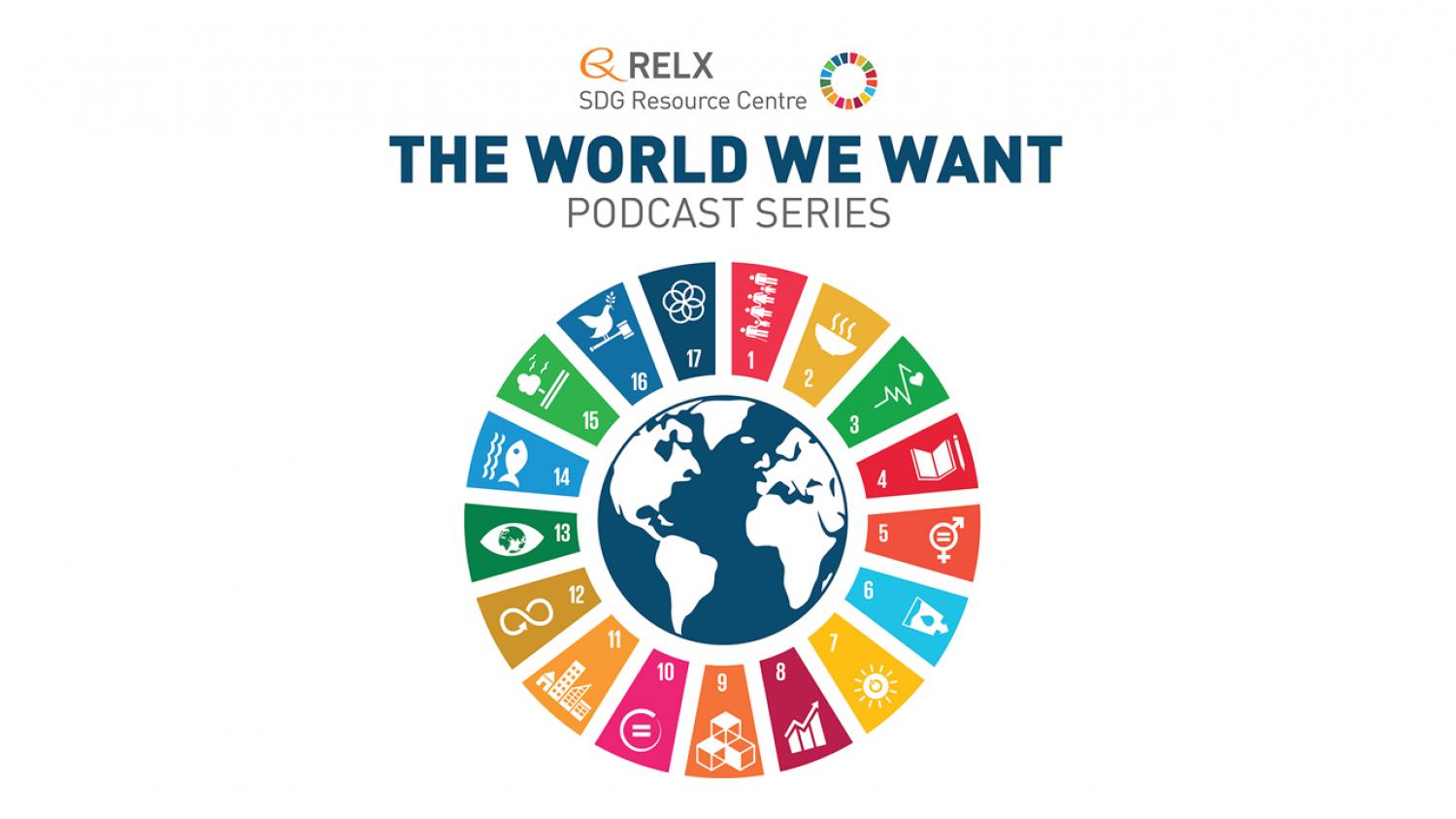Sustainable consumption and production (SCP) is at the core of the United Nations Sustainable Development Goals (SDGs), specifically addressed by SDG 12. This goal aims to "ensure sustainable consumption and production patterns," acting as a cross-cutting theme that feeds into other SDGs such as those related to climate change, poverty, health, and sustainable cities.
SCP involves using services and products in a way that minimizes environmental damage, preserves natural resources, and promotes social equity. The purpose is to decouple economic growth from environmental degradation, which means pursuing economic development in a way that can be sustained by the planet over the long term. SCP requires changes at all levels of society, from individuals to businesses to governments.
At the individual level, SCP implies making lifestyle choices that reduce environmental impact. This might include reducing, reusing, and recycling waste, choosing products with less packaging, and opting for more sustainable forms of transport like cycling or public transport.
For businesses, SCP entails adopting sustainable business models and practices. This could include improving resource efficiency, investing in renewable energy, designing products that are durable and recyclable, and ensuring fair labor practices.
At the government level, SCP involves implementing policies that support sustainable business practices and incentivize sustainable consumer behavior. This might involve regulations to reduce pollution, subsidies for renewable energy, and campaigns to raise awareness about sustainable consumption.
SCP also plays a role in several other SDGs. For example, sustainable production practices can help mitigate climate change (SDG 13) by reducing greenhouse gas emissions. Additionally, by reducing the pressure on natural resources, SCP supports the goals related to life below water (SDG 14) and life on land (SDG 15).
While progress has been made in certain areas, challenges remain in achieving the shift towards SCP. These include existing patterns of overconsumption, limited awareness about the impacts of consumption, and the need for technological innovation to enable more sustainable production.
Recognising our customers' exceptional work to achieve the UN Sustainable Development Goals.
Gala, D., Khetan, S., & Mehendale, N. (2024). Assessing opportunities for enhanced lighting energy conservation via occupancy and daylight monitoring. Measurement: Energy, 3, 100015.
This article addresses SDGs 7, 12 and 13 by examining responsible energy consumption and automated systems that provide potential efficiencies through lighting optimization.
Advances in Energy from Waste: Transformation Methods, Applications and Limitations Under Sustainability, Woodhead Advances in Pollution Research, 2024, Pages 503-524
Waste Management for Sustainable and Restored Agricultural Soil, Agricultural Soil Degredation and Restoration, 2024, Pages 371-386
This content aligns with Goals 11, 12, and 13 by explaining how indigenous technical knowledge can enhance and complement OF: (1) biodiversity and traditional seeds, (2) ecosystem integration, (3) natural pest and disease management (4) soil health and fertility, (5) cultural and spiritual significance, (6) community engagement and decision, and (7) climate resilience.
Bioremediation of Emerging Contaminants from Soils, Soil Health Conservation for Improved Ecology and Food Security, 2024, Pages 465-488
This content aligns with Goals 2, 13, and 15 by highlighting how indigenous soil reclamation practices can enhance agricultural productivity and food security; explaining how healthy soils play a crucial role in climate change adaptation and mitigation through practices like agroforestry; and emphasizing the importance of biodiversity conservation and sustainable land management practices inherent in indigenous knowledge systems,



